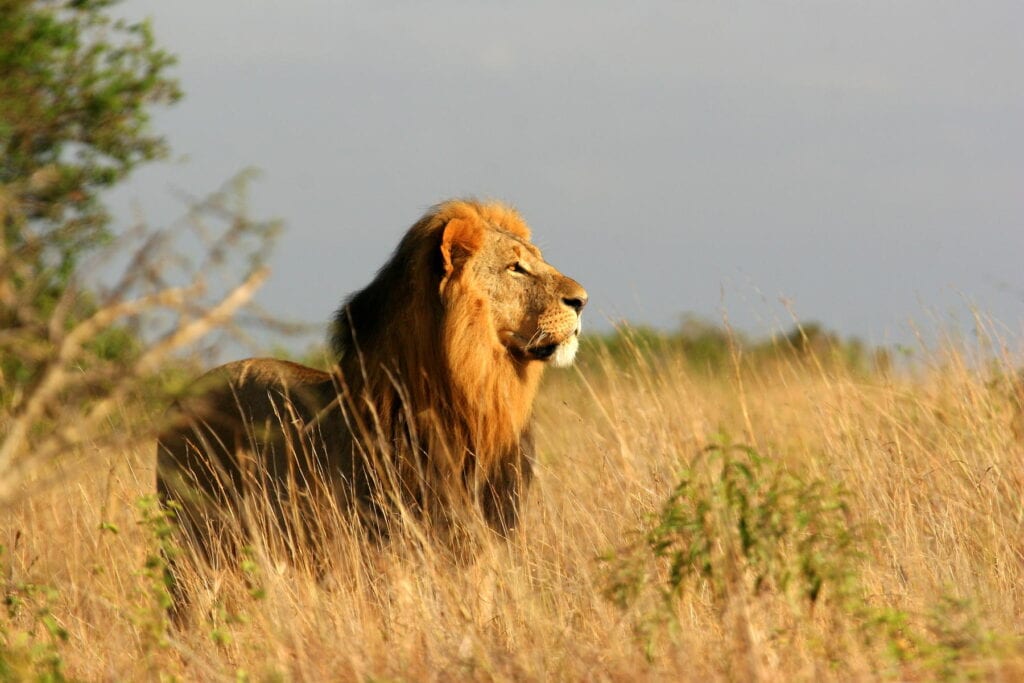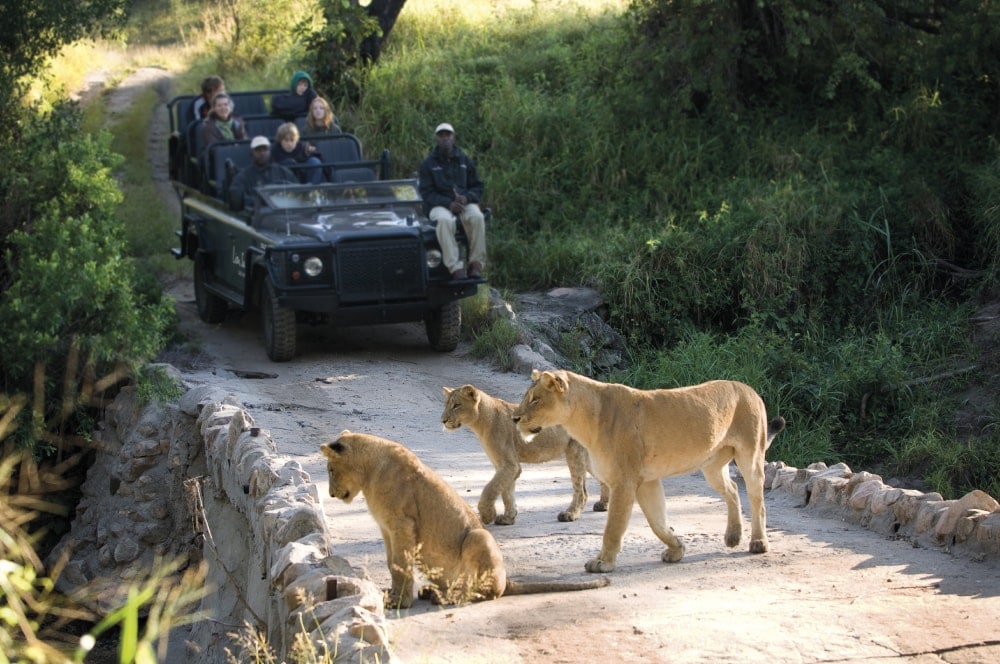In this insightful article, we’ll delve into the behavioral patterns of lions, especially during safari tours in Africa. We will uncover the science behind why these majestic creatures, known for their predatory instincts, choose not to attack when you are in a vehicle.
From understanding their perception of the vehicle to the role of the safari guidelines, this article presents a comprehensive view that will appeal to both adventure enthusiasts and wildlife lovers.

Let’s explore the key reasons why a lion will avoid attacking an approaching vehicle.
Predator Perception
To understand why a lion avoids attacking a safari vehicle, it’s important to be aware of predator perception, which illustrates a lion’s thought process before attacking.
Lions are natural and instinctive hunters, and because they’ve evolved as predators for thousands of years, they follow their instincts when it comes to the things they see and interact within their environment.

There are two key reasons why lions attack when they do. They either see a specific target as food or a threat. A human on its own may fall into one or both of these categories, which is why lions may very well attack a human out in the open.

However, lion and human interaction becomes very different when a safari vehicle is involved. A human or group of humans can consider vehicles relatively safe from lion attacks because lions understand the size difference between themselves and a vehicle.

Because a vehicle is much larger than a lion, lions do not see the vehicle as a source of food. The safety of the vehicle often prevents lions from viewing the humans inside as food as well.
Safety measures are put in place to ensure responsible tourism practices, and these help keep lions from feeling threatened by approaching vehicles.
Responsible Tourism
Safari coordinators and staff members understand lion behavior, and as such, they develop safari vehicle safety measures so that attacks are unlikely to occur. For example, vehicles are typically slow-moving, which helps reduce the odds of surprising a lion in the wild.
Furthermore, during trips, passengers are instructed to remain in the vehicle at all times, and the vehicles usually remain on clearly marked trails.

Because coordinators are dedicated to wildlife conservation and practicing responsible tourism, the approach they take with safari vehicles aims to infringe upon lion habitats as little as possible, while still allowing tourists to observe these majestic animals.

In some scenarios, lions may become curious about a safari vehicle and approach it to get a closer look. During these circumstances, tour leaders will instruct passengers to keep their hands and feet inside the vehicle and remain both still and quiet until the lion loses interest.

Lion attacks on safari vehicles are incredibly rare, both due to a lion’s natural instinct to hunt familiar prey and the safety protocols put in place by the coordinators.
If you’d like to go on a lion safari and take a look at our variety of offerings and accommodations to find the sort of adventure that fits your needs.
Author: Adelle Bell
Published:
Last Update: